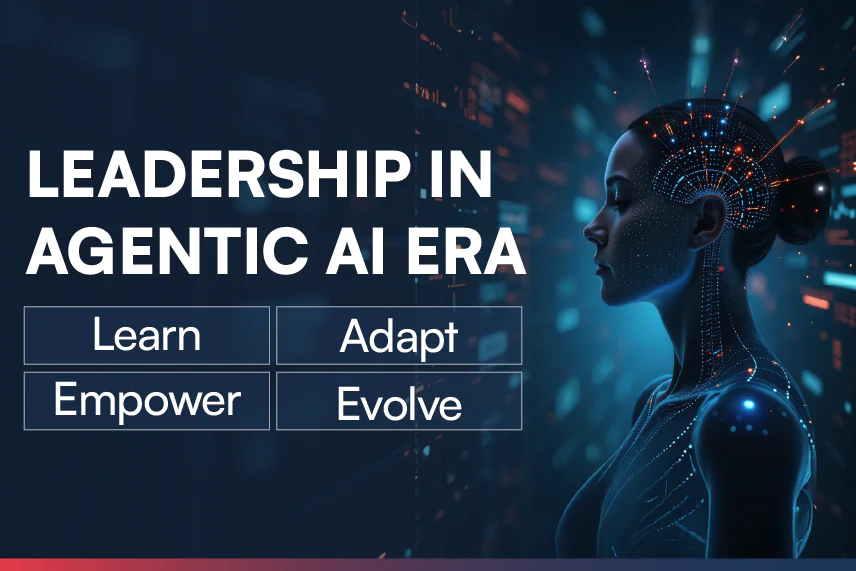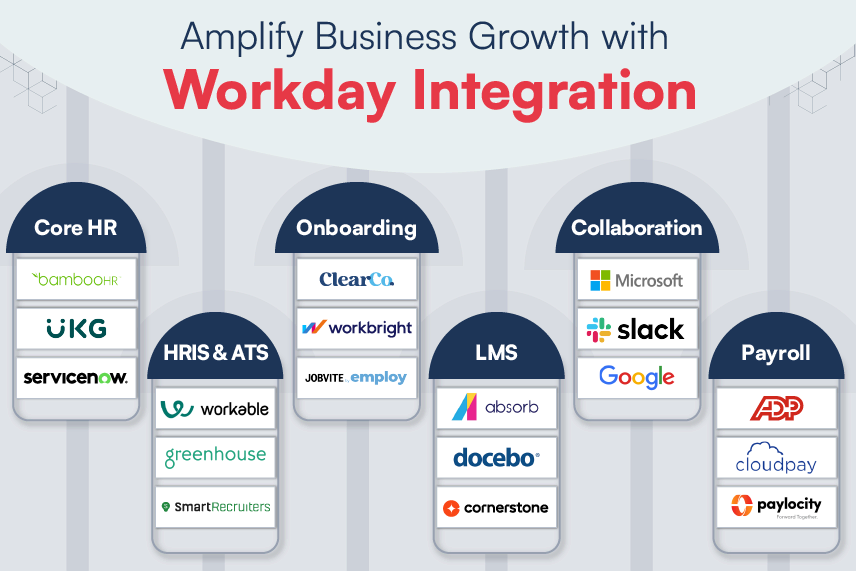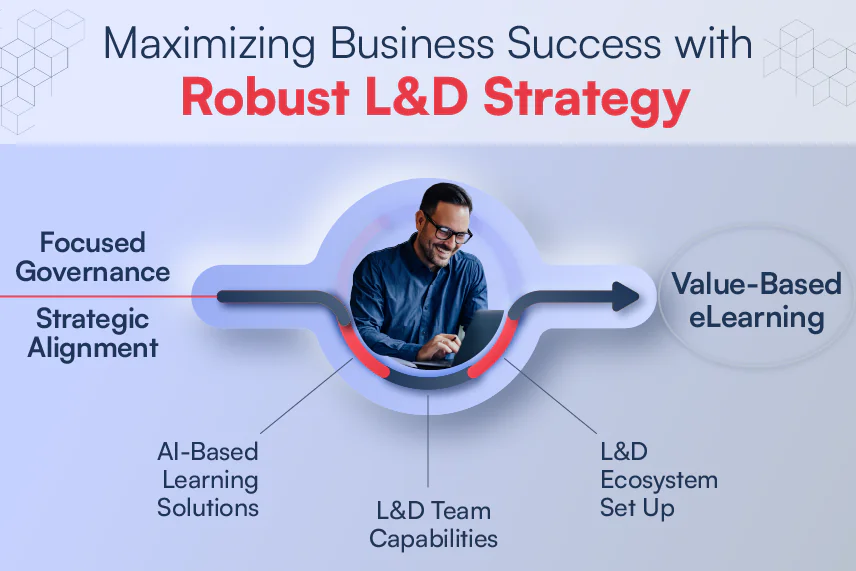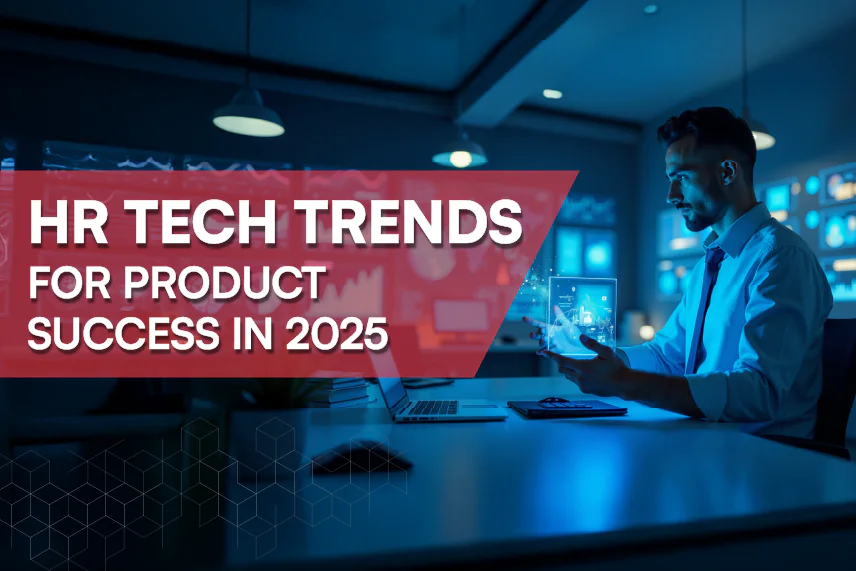
AI in HealthTech has emerged as a transformative force, revolutionizing the ever-evolving landscape of healthcare by integrating advanced technologies into the realm of medical sciences. The groundbreaking technology of AI in HealthTech has drastically advanced healthcare research and reshaped the way patients are diagnosed, treated, and monitored.
It is interesting to explore real-world use cases and unveil the transformative power of AI in the healthcare sector. Let’s look at how Microsoft AI Copilot is reshaping the way HealthTech organizations approach AI enablement, integration, workflow automation, and digital transformation.
Building Trust in the Cloud
Before diving into the specifics of Microsoft AI Copilot, it is important to focus on a fundamental aspect: trust. In healthcare, where patient data confidentiality is paramount, the foundation of any technological integration lies in the trustworthiness of the chosen cloud services. Microsoft, a powerhouse in the tech industry, has paved the way in this regard.
Their cloud services, including Copilot, prioritize data security and compliance. What sets them apart is the commitment to not training on customer data, ensuring the safety of patient information within the organization’s tenant. For HealthTech organizations navigating the complexities of data management, the emphasis on privacy makes Microsoft’s cloud infrastructure an ideal choice.
This trust in Microsoft’s cloud services becomes a cornerstone for organizations like Harbinger, where our commitment to the highest standards of data security aligns seamlessly with Microsoft’s approach. Harbinger’s journey with Copilot is guided by a shared commitment to safeguarding patient information and ensuring compliance with the ever-evolving healthcare regulations.
Paradigm Shift in Healthcare Decision-Making
As the healthcare industry continues to demand agile solutions that enhance decision-making capabilities, generative AI emerges as a transformative trend. According to Gartner’s predictions, by 2025, a significant chunk of data—10% to be exact—will be generated by AI services.
This shift signifies the industry’s recognition of the value AI brings to the table, especially in assisting healthcare professionals in their daily tasks.
Microsoft AI Copilot: A Clinician’s Companion
One standout tool in Microsoft’s arsenal is an AI companion, Copilot. Imagine a scenario where a general practitioner is faced with a complex diagnosis. By leveraging Copilot, they can sift through the latest medical literature and research, enabling them to provide a well-informed and timely diagnosis.
In a live demonstration, we witnessed the tool’s efficacy in assisting clinicians. Its ability to process conversational prompts and offer a plethora of information showcases how it can streamline the information retrieval process. Furthermore, this ability facilitates faster and more accurate decision-making at the point of care.
But the real magic lies in the diverse use cases that Copilot unfolds.

Use Case 1: Rapid Literature Review for Diagnosis
Consider a scenario where a specialist is called upon to consult on a rare condition. Microsoft AI Copilot can be used as an indispensable companion, providing the latest research findings, treatment protocols, and relevant case studies. It helps ensure the entire healthcare team is on the same page.
This real-world application of AI in HealthTech demonstrates how Copilot supports interdisciplinary collaboration, promoting a more informed and cohesive approach to patient care.
Use Case 2: Multidisciplinary Collaboration for Treatment Planning
In a different setting, Microsoft AI Copilot facilitates multidisciplinary collaboration. Let’s say a cancer patient’s case involves input from oncologists, radiologists, and geneticists. The tool acts as a virtual meeting ground, allowing specialists to share insights, discuss treatment options, and collectively devise a personalized treatment plan. The result is not just efficient collaboration but a comprehensive and patient-centric approach to healthcare.
Microsoft AI Copilot: Elevating Collaboration in HealthTech
Collaboration is the heartbeat of healthcare innovation, and Microsoft AI Copilot takes it to unprecedented heights. In a HealthTech organization embarking on a complex project, Copilot proved invaluable. It adeptly identified the right contacts within the organization, streamlining communication channels and fostering efficient collaboration.
Efficient Content Creation: A Time-Saver in HealthTech Communication
Within the realm of content creation, Microsoft AI Copilot shines brightly. Consider a HealthTech company crafting a pitch deck for a breakthrough digital health solution. Copilot’s ability to draft emails summarizing the core features and benefits of the solution expedites the communication process with potential collaborators, investors, or regulatory bodies.
Use Case 3: Streamlining Regulatory Documentation
In the regulatory landscape of HealthTech, adherence to compliance standards is paramount. Microsoft AI Copilot plays a crucial role in this aspect by streamlining the creation of regulatory documentation. When developing a new medical device, for instance, Copilot assists in generating comprehensive documentation that aligns with regulatory requirements. This not only saves time but ensures the organization maintains compliance from the outset of the development process.
“In the data-driven world of HealthTech, where every piece of communication is crucial, Copilot’s prowess in generating consistent and impactful messages is a game-changer. Our experience reflects this, where we’ve seen how Copilot streamlines communication workflows, ensuring our clients convey their innovation effectively in every interaction.”
Revolutionizing Decision-Making in Healthcare
As we glimpse into the future, Microsoft AI Copilot is catalyzing a paradigm shift in decision-making processes within the healthcare sector. AI in HealthTech empowers healthcare professionals to access relevant information swiftly, streamline communication, and enhance collaboration within a secure and compliant environment.

Role of Generative AI in HealthTech Innovation
Generative AI is a crucial tool used in the development of personalized medicine solutions. Consider a health tech company aiming to revolutionize cancer treatment. Microsoft AI Copilot steps in as a valuable asset. It expedites the research process and ensures healthcare providers are armed with the latest and most relevant information when making critical decisions about patient care.
Use Case 4: Personalized Medicine Initiatives
Generative AI plays a pivotal role in the realm of personalized medicine. Imagine a HealthTech company focusing on developing tailored treatment plans based on individual patient characteristics. Microsoft AI Copilot, with its capacity to understand and generate insights from complex data, comes out as an essential tool.
It assists in the analysis of diverse datasets, including genetic information, treatment histories, and patient responses. This helps ensure healthcare providers have a comprehensive understanding of each patient’s unique healthcare needs.
This vision of the future aligns seamlessly with our commitment to pushing the boundaries of innovation in HealthTech. Our journey with generative AI imitates the industry’s quest for personalized and precise healthcare solutions. We understand that every breakthrough in AI in HealthTech brings us one step closer to transforming patient outcomes and revolutionizing healthcare delivery.
Addressing Healthcare Disparities through AI
Health disparities represent a significant challenge in the healthcare landscape. But thanks to AI in HealthTech, generative AI tools offer a unique opportunity to address these disparities. In rural areas with limited access to specialized medical expertise, a Microsoft AI Copilot-enabled telehealth system could connect local healthcare providers with remote specialists, bridging the gap in healthcare access.
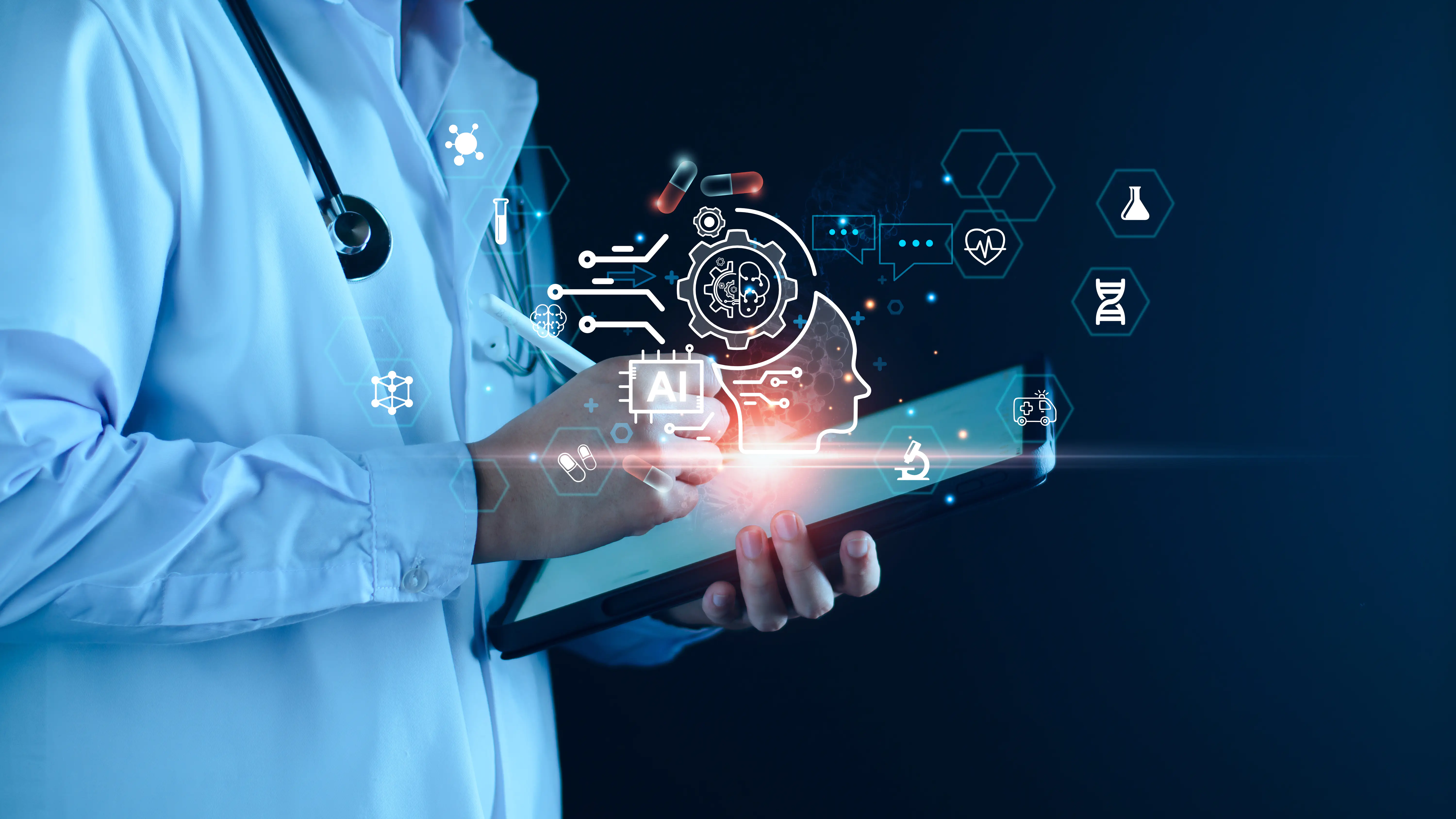
Use Case 5: Bridging Gaps in Telehealth
Consider a scenario where a remote clinic in an underserved rural area lacks specialized expertise. Microsoft AI Copilot, integrated into a telehealth system, enables local healthcare providers to consult with specialists remotely. It assists with diagnostics and treatment recommendations, ensuring patients in remote areas receive the best possible care.
This application of Copilot contributes to reducing healthcare disparities by leveraging technology to connect healthcare professionals and improve access to quality care.
Harbinger: Your Partner in HealthTech Innovation
As the healthcare industry continues to embrace the era of AI in HealthTech, Microsoft AI Copilot stands as a reliable tool. The future holds the promise of even more advanced and specialized applications, further solidifying the role of AI in HealthTech as a cornerstone of efficient, secure, and collaborative healthcare integration.
In the fast-paced world of HealthTech, where innovation is the driving force, Harbinger has been at the forefront of AI enablement, integration, and digital transformation. Our expertise goes beyond just understanding the tools; we specialize in tailoring solutions that fit the unique needs of HealthTech organizations.
If you’re eager to learn more about how we’ve helped similar organizations navigate the complexities of AI enablement and healthcare integration, reach out to us at contact@harbingergroup.com. Our technology experts will be glad to help you.
Let’s embark on a journey toward a future where seamless integration, adaptive healthcare solutions, and advanced capabilities redefine the standard of care. The possibilities are vast, and with our commitment to innovation, the future of AI in HealthTech and healthcare integration is brighter than ever before.


